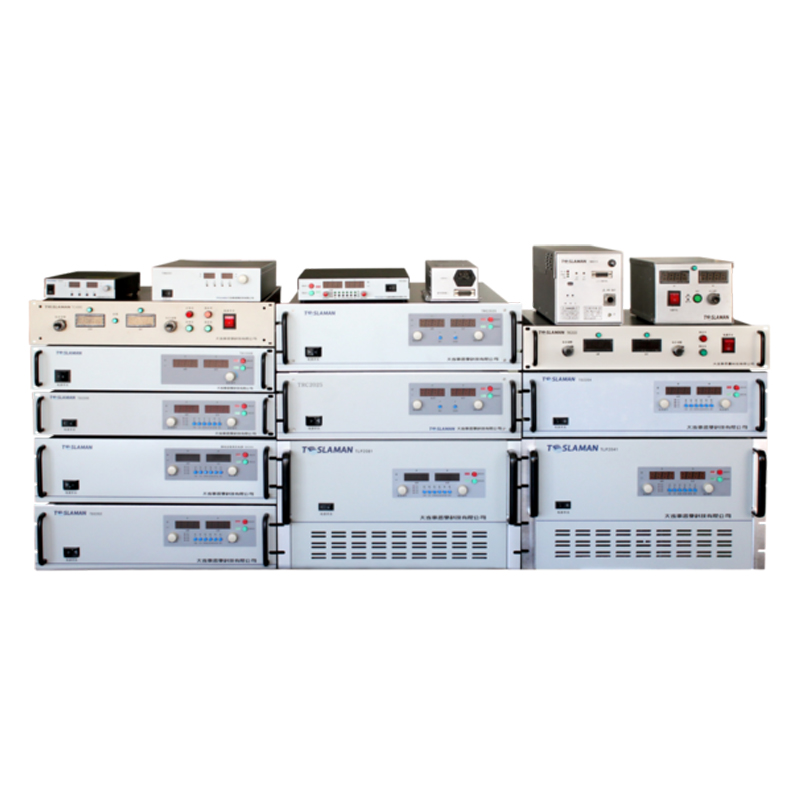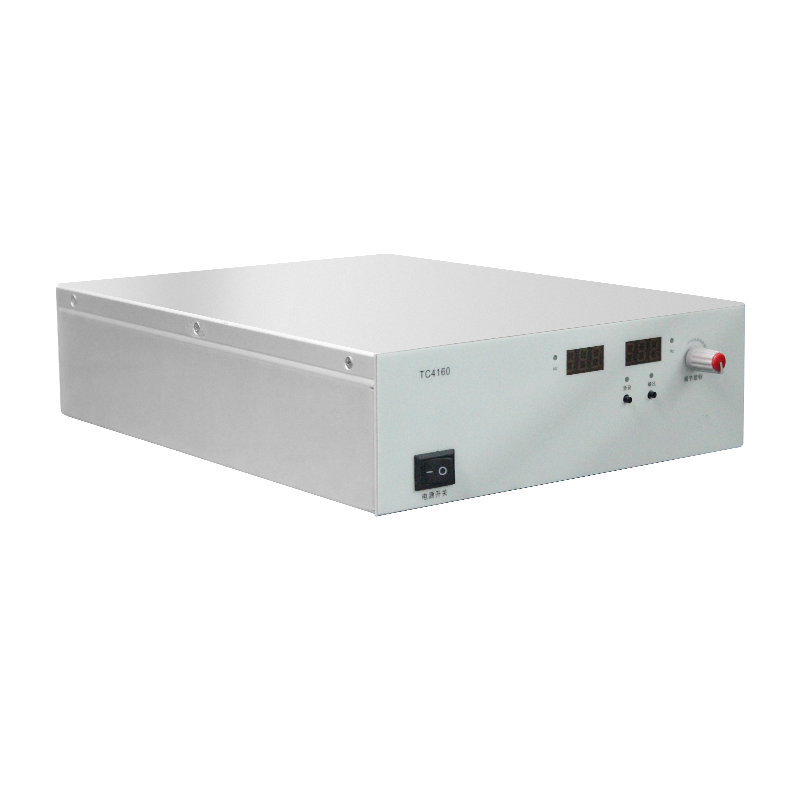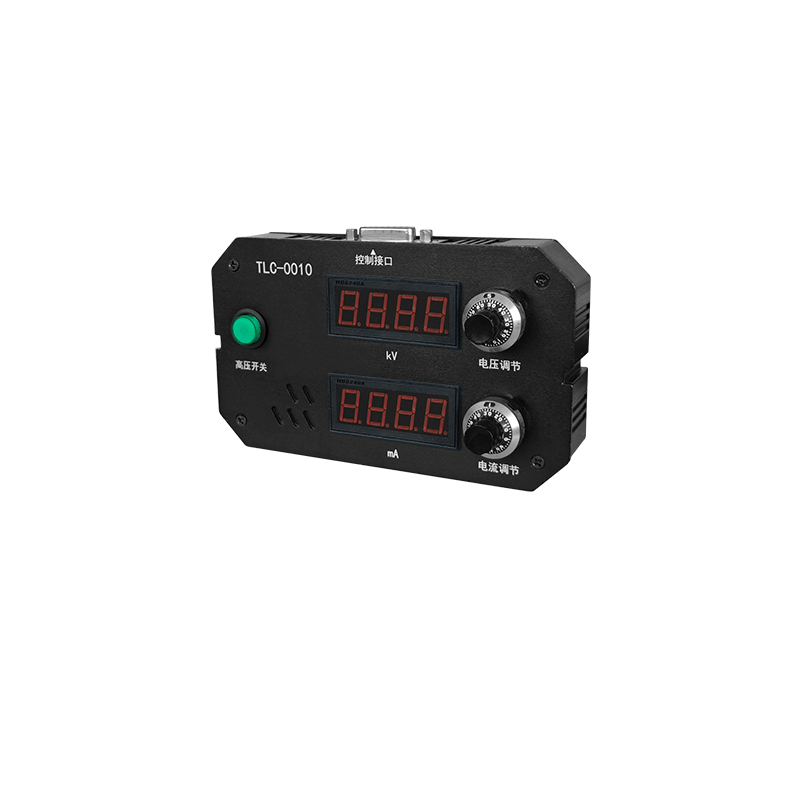The Important Role of High-Voltage Pulse Power Supplies in Electromagnetic Compatibility Testing
Abstract: With the rapid development of modern electronic technology, the application of electronic devices is becoming increasingly widespread, and at the same time, electromagnetic interference (EMI) issues are becoming more severe. To ensure that electronic devices can operate normally in various electromagnetic environments, electromagnetic compatibility (EMC) testing is particularly important. In EMC testing, high-voltage pulse power supplies, as an essential testing equipment, play an irreplaceable role in evaluating the anti-interference ability and electromagnetic radiation performance of electronic devices. This article will elaborate on the principles, characteristics, and applications of high-voltage pulse power supplies in EMC testing.
I. Introduction
With the rapid advancement of modern electronic technology, the application of electronic devices is becoming increasingly widespread. At the same time, the issue of electromagnetic interference (EMI) is becoming more severe. To ensure that electronic devices can function properly in various electromagnetic environments, electromagnetic compatibility (EMC) testing is crucial. In EMC testing, high-voltage pulse power supplies play a vital role as important testing equipment for evaluating the immunity of electronic devices to interference and their electromagnetic radiation performance. This article will provide a detailed description of the principles, characteristics, and applications of high-voltage pulse power supplies in EMC testing.
II. Principles and Characteristics of High-Voltage Pulse Power Supplies
1. Principles of High-Voltage Pulse Power Supplies
A high-voltage pulse power supply is a device capable of generating high-voltage and large-current pulses. Its working principle involves converting the input low voltage into a high-voltage pulse output by controlling the switching on and off of the switching tube. Depending on the application requirements, high-voltage pulse power supplies can adopt various topologies, such as Marx generators and Tesla transformers.
2. Characteristics of High-Voltage Pulse Power Supplies
(1) High-voltage and large-current output: High-voltage pulse power supplies can provide output voltages of up to several hundred thousand volts or even millions of volts, as well as output currents of tens to hundreds of amperes.
(2) Fast response: High-voltage pulse power supplies feature fast switching speeds, enabling nanosecond-level pulse width modulation, which meets the requirements for simulating transient interference signals in EMC testing.
(3) High stability: High-voltage pulse power supplies exhibit high output stability and repeatability, ensuring the accuracy of test results.
(4) Wide frequency band: High-voltage pulse power supplies have a wide output frequency range, covering several hertz to hundreds of megahertz, meeting the testing requirements for different frequencies of interference signals in EMC testing.
III. Applications of High-Voltage Pulse Power Supplies in Electromagnetic Compatibility Testing
1. Immunity Testing
Immunity testing evaluates the ability of electronic devices to function properly when subjected to external electromagnetic interference. High-voltage pulse power supplies can generate various forms of pulse interference signals, such as surges and electrical fast transients, to simulate the electromagnetic interference that electronic devices may encounter in actual use environments. By observing the performance changes of electronic devices during testing, their immunity levels can be evaluated.
2. Radiated Emission Testing
Radiated emission testing evaluates the level of electromagnetic radiation emitted by electronic devices to the outside world. High-voltage pulse power supplies can serve as signal sources, providing excitation signals for the devices under test to generate electromagnetic radiation. By measuring the radiated emission levels of the devices under test at different frequencies, their electromagnetic compatibility can be evaluated.
3. Electromagnetic Susceptibility Testing
Electromagnetic susceptibility testing evaluates the sensitivity of electronic devices to specific electromagnetic interference signals. High-voltage pulse power supplies can accurately control the amplitude, pulse width, repetition frequency, and other parameters of the interference signals to simulate the specific electromagnetic interference that electronic devices may encounter in actual use environments. By observing the performance changes of electronic devices during testing, their sensitivity levels to specific electromagnetic interference signals can be evaluated.
IV. Conclusion
High-voltage pulse power supplies play a crucial role in electromagnetic compatibility testing. They can not only simulate various forms of electromagnetic interference signals but also serve as signal sources to provide excitation signals for devices under test. By precisely controlling the parameters and output characteristics of interference signals, high-voltage pulse power supplies provide strong support for evaluating the electromagnetic compatibility of electronic devices. In future developments, with the continuous advancement of electronic technology and the increasing complexity of electromagnetic environments, high-voltage pulse power supplies will play an even more important role in EMC testing.




















